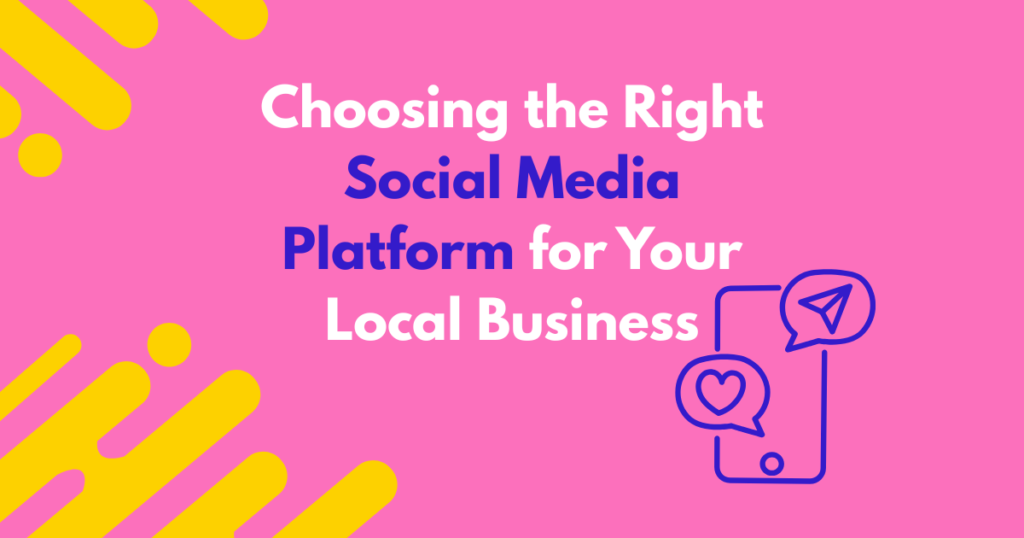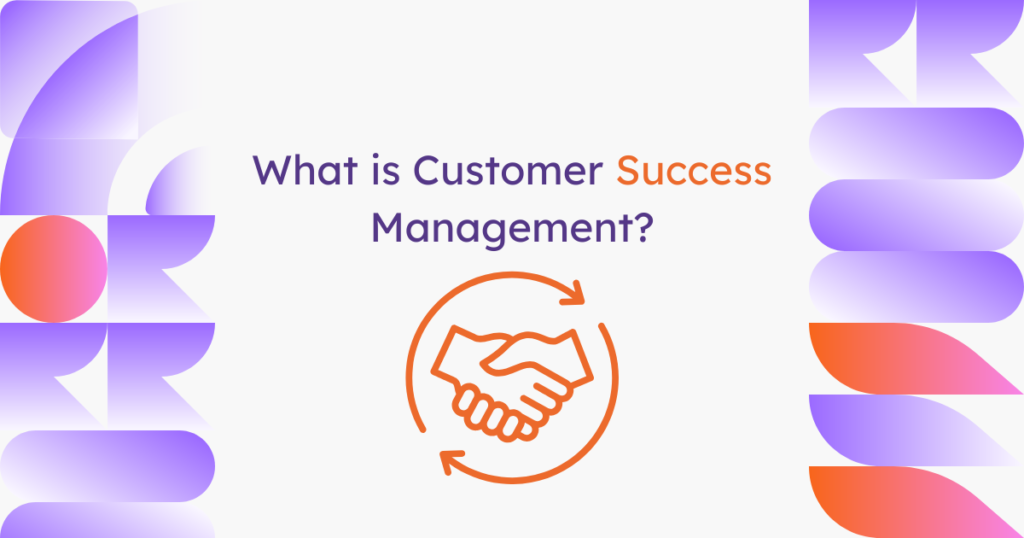Highlights
You’re at a store and notice two coffee brands side by side. One has sleek, eye-catching packaging, a clear logo, and bold colors. You also recall seeing a short video ad for it on Instagram the other day – something humorous that stuck in your mind.
The other brand looks generic, one you haven’t ever heard of. Instantly, you gravitate toward the first one, even before tasting it.
This is marketing in action. It’s not just about products; it’s about how your brand is perceived, remembered, and chosen.
What is Marketing and Why Does It Matter?
The Definition of Marketing
Marketing is much more than promoting products or services. It’s a strategic process that blends branding, communications, and customer engagement.
Good marketing answers fundamental questions: Who is your audience? What problem are you solving for them? How can you make your brand memorable?
For business owners and marketers, it’s the bridge between what you offer and what your customers truly want.
Why Should Your Business Care About Marketing?
Without marketing, even the most innovative products can fail. Marketing positions your business in the minds of customers, ensures visibility across channels, and drives actions that lead to sales and long-term growth.
In essence, marketing is the engine that fuels growth, turning prospects into loyal customers and transforming awareness into measurable business results.
Digital Marketing Vs. Traditional Marketing
Digital Marketing
Digital marketing is all about reaching people on their devices and digital platforms. It’s measurable, scalable, and highly effective for targeting specific audiences.
A strong digital strategy ensures your business is visible, connected to potential customers, and generating leads and conversions consistently.
Traditional Marketing
Despite the rise of digital, traditional marketing such as TV, print, radio, and events still holds value, especially for local audiences or B2B industries.
When integrated with digital channels, traditional methods can enhance brand credibility and amplify campaigns.
Types of Digital Marketing
Content Marketing
Content marketing is about providing value before asking for a sale. Think blogs, videos, whitepapers, and guides that address your audience’s pain points.
By doing this, you not only establish authority in your niche but also drive traffic to your website, generate leads, and support SEO efforts.
When done consistently, content marketing builds trust, encourages engagement, and ultimately leads to higher conversion rates.
Social Media Marketing
Social media is more than posting updates; it’s a platform for storytelling and engagement.
Brands that leverage Instagram, LinkedIn, Facebook, and TikTok to share relatable stories, respond to customer queries, and run ads see significant improvements in brand awareness, engagement, and leads.
Social media also allows businesses to monitor trends, respond in real time, and measure the success of campaigns, making it one of the most dynamic tools in modern marketing.
Search Engine Optimization
SEO ensures your website appears when potential customers search for products or solutions you offer.
By optimizing content for relevant keywords, improving site structure, and building quality backlinks, your business gains visibility, increases organic traffic, and generates qualified leads.
SEO is a long-term strategy, but its benefits are sustainable and measurable, directly contributing to your sales funnel and overall marketing success.
Email Marketing
Email marketing remains one of the most powerful tools for lead nurturing and customer retention.
Through targeted campaigns, personalized offers, and timely communication, businesses can maintain relationships, promote new products, and drive repeat purchases.
Email also provides measurable metrics such as open rates, click-throughs, and conversions, giving marketers the data to continually improve campaigns.
Influencer Marketing
Collaborating with influencers allows your brand to tap into an established audience.
Whether it’s a social media personality or industry expert, influencers can help amplify campaigns, enhance credibility, and drive both engagement and sales.
Choosing the right influencers ensures alignment with your brand values and maximizes ROI.
Paid Media
Investing in paid media helps your brand reach the right audience faster.
From social media ads to search engine marketing and display campaigns, paid media boosts visibility, drives targeted traffic, and accelerates conversions.
With the right strategy, you can optimize spend, test creative variations, and measure performance to ensure every dollar contributes to your brand’s growth.
Building an Effective Marketing Strategy
1. Who Is Your Audience?
Researching your target audience is essential. Understand demographics, interests, and pain points to create campaigns that resonate.
Knowing your audience ensures that marketing, social media, and advertising efforts are impactful and generate leads and conversions.
2. What Are Your Goals?
Clearly defined objectives, whether boosting brand awareness, increasing sales, or growing your email list, help measure success.
Specific goals allow you to track performance across campaigns and adjust strategies as needed.
3. Select the Right Marketing Channels
Not all channels are equal. Select the right mix of social media, email, content, advertising, and events to reach your audience efficiently.
The right channel strategy improves engagement, conversions, and ROI.
4. Track Marketing Analytics
Track metrics such as website traffic, lead generation, sales, engagement, and brand mentions.
Data-driven decisions help refine campaigns, maximize ROI, and ensure marketing efforts are aligned with business goals.
Conclusion
Marketing is the lifeblood of any business. By understanding your audience, choosing the right strategies, and continuously optimizing campaigns, you can increase sales, leads, brand awareness, and customer loyalty.
Share this article with colleagues and friends and subscribe to our newsletter for regular updates on marketing strategies and trends. Visit Early Bird Strategy for more useful tips on marketing and business management.



